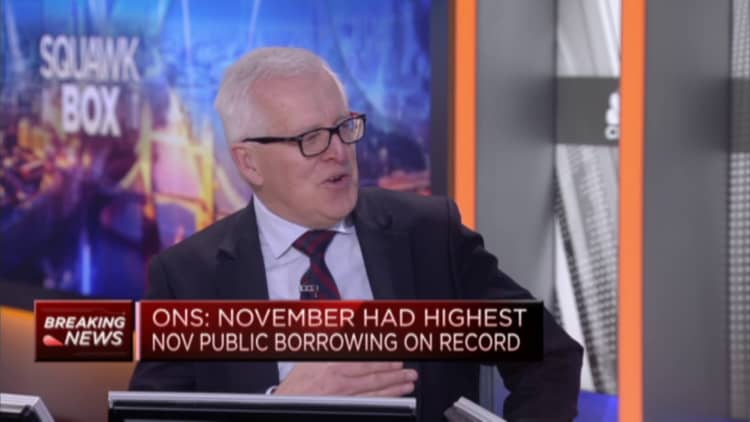European markets were in positive territory on Wednesday, as they shook off some of the losses from recent sessions.
The Stoxx index provisionally closed 1.7% higher, and all sectors and major bourses were in the green. Retail led gains, climbing 2.8%, followed by financial services, up 2.5%, and mining stocks, up 2.2%.
European markets
Regional markets were lower Tuesday as investors were caught off guard after Japan's central bank widened its cap on 10-year Japanese government bond yields.
The Bank of Japan — an outlier compared with most major central banks — also left its benchmark interest rate unchanged at -0.1% Tuesday and vowed to significantly increase the rate of its 10-year government bond purchases, retaining its ultra-loose monetary policy stance.
The European Central Bank last week hiked its key interest rate from 1.5% to 2% and said it would look to shrink its balance sheet by around 15 billion euros ($15.9 billion) every month from March 2023 to the end of the second quarter. The ECB said rate hikes would need to continue "significantly at a steady pace."
The Bank of England and the Swiss National Bank struck similar tones last week and also opted for 50 basis point hikes, matching the U.S. Federal Reserve's decision last Wednesday.
Markets in the Asia-Pacific traded mixed after Wall Street ended its four-day losing streak as global bonds rose after the Bank of Japan adjusted its yield curve control tolerance.
U.S. stock futures rose on Wednesday after earnings reports from two major bellwethers raised hopes that corporate earnings may be better than feared even with a possible recession on the horizon.


